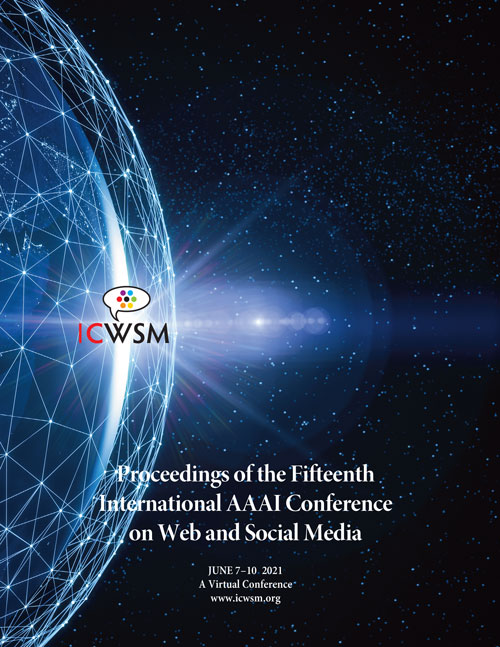Partisan Responses to Fact-Checking in Online News Platforms: Evidence from a Political Rumor about the North Korean Leader
DOI:
https://doi.org/10.1609/icwsm.v15i1.18059Keywords:
Qualitative and quantitative studies of social media, Subjectivity in textual data; sentiment analysis; polarity/opinion identification and extraction, linguistic analyses of social media behaviorAbstract
To correct misinformation and mitigate the social costs of political rumors and fake news, news providers, politicians, and researchers have exerted significant efforts on fact-checking and rumor debunking. This study examined how individuals will respond when a political rumor is debunked by large-scale fact-checking. To explore this question, we leveraged a quasi-experimental setting where the North Korean leader’s reappearance in the public event suddenly rebutted a political rumor about his death. Collecting 2.6 million comments from the largest online news portal in South Korea, we employed a difference-in-differences approach comparing differences in commenting behaviors between liberals and conservatives before and after this event. The results show that a political side empowered by the fact-checking coverage became more vocal and hostile. However, their explicit support level for the rumor did not change significantly compared to their partisan counterparts. Besides, we found that news outlets rebutted by fact-checking attracted more user comments than supported news outlets. Swearing comments of the supported political side mostly drove this difference, suggesting that partisans tend to utilize favorable fact-checking to empower their political side through blaming the other side. Our research stresses the importance of capturing the silence of partisans in considering the effectiveness of fact-checking and provides an alternative explanation on why fact-checking evokes hostile communication in online media.Downloads
Published
2021-05-22
How to Cite
Kang, T., & Sim, J. (2021). Partisan Responses to Fact-Checking in Online News Platforms: Evidence from a Political Rumor about the North Korean Leader. Proceedings of the International AAAI Conference on Web and Social Media, 15(1), 266-277. https://doi.org/10.1609/icwsm.v15i1.18059
Issue
Section
Full Papers

